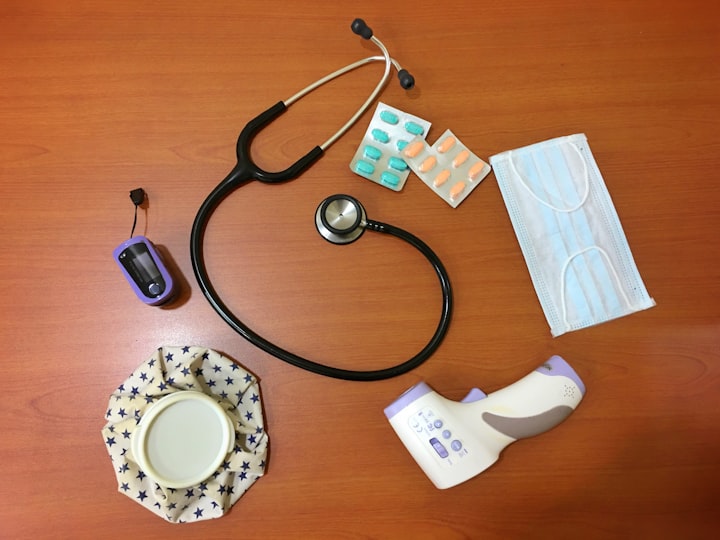Top 10 Disease Prevention and Management
Disease Prevention

Disease prevention and management are crucial for maintaining good health and avoiding chronic diseases. Chronic diseases such as heart disease, cancer, diabetes, and obesity are among the leading causes of death and disability worldwide. While some risk factors such as age, genetics, and family history cannot be controlled, many lifestyle factors can be modified to reduce the risk of developing chronic diseases. In this article, we will discuss the top ten disease prevention and management strategies that can help promote optimal health and well-being.
01. Healthy Diet: A healthy diet is one of the most important factors in disease prevention and management. A balanced diet that includes a variety of fruits, vegetables, whole grains, lean protein, and healthy fats can help reduce the risk of chronic diseases such as heart disease, diabetes, and cancer. It is also essential to limit the intake of processed foods, sugary drinks, and foods high in saturated and trans fats.
02. Regular Physical Activity: Physical activity is essential for maintaining good health and reducing the risk of chronic diseases. Regular exercise can help improve cardiovascular health, strengthen bones and muscles, improve mental health, and maintain a healthy weight. It is recommended to aim for at least 150 minutes of moderate-intensity exercise per week.
03. Avoid Smoking: Smoking is a significant risk factor for several chronic diseases, including heart disease, lung cancer, and chronic obstructive pulmonary disease (COPD). Quitting smoking can significantly reduce the risk of developing these diseases and improve overall health.
04. Limit Alcohol Consumption: Excessive alcohol consumption is associated with an increased risk of chronic diseases such as liver disease, heart disease, and cancer. It is recommended to limit alcohol consumption to no more than one drink per day for women and two drinks per day for men.
05. Stress Management: Chronic stress can have a detrimental effect on both physical and mental health. Learning stress management techniques such as meditation, yoga, and deep breathing can help reduce stress levels and improve overall well-being.
06. Screenings and Tests: Regular health screenings and tests can help detect diseases early when they are easier to treat. Depending on age and risk factors, recommended screenings may include blood pressure checks, cholesterol tests, mammograms, colonoscopies, and Pap tests.
07. Immunizations: Immunizations are one of the most effective ways to prevent infectious diseases. Vaccines are available to protect against a range of diseases, including influenza, pneumonia, measles, mumps, rubella, and human papillomavirus (HPV).
08. Medication Management: Proper medication management is essential for managing chronic diseases such as diabetes, heart disease, and asthma. This involves taking medications as prescribed, monitoring for side effects, and keeping track of medication schedules.
09. Genetic Testing: Genetic testing can help identify individuals at higher risk for certain diseases. Knowing one's genetic risk can help individuals take proactive steps to reduce their risk of developing the disease or catch it early through regular screenings.
10. Disease-Specific Prevention: Specific strategies are available to prevent and manage certain diseases. For example, individuals with diabetes should monitor their blood sugar levels regularly, take insulin as prescribed, and follow a healthy diet and exercise regimen. Those with heart disease may need to take medications to lower blood pressure or cholesterol, undergo surgery or other procedures, or make lifestyle changes such as quitting smoking and reducing stress levels.
In conclusion, disease prevention and management strategies are essential for maintaining good health and reducing the risk of chronic diseases. Eating a healthy diet, engaging in regular physical activity, avoiding smoking and excessive alcohol consumption, managing stress levels, getting regular health screenings and tests, and taking medications as prescribed are among the most effective ways to promote optimal health and well-being. By adopting these healthy habits, individuals can take control of their health and reduce their risk of developing chronic diseases





Comments
There are no comments for this story
Be the first to respond and start the conversation.